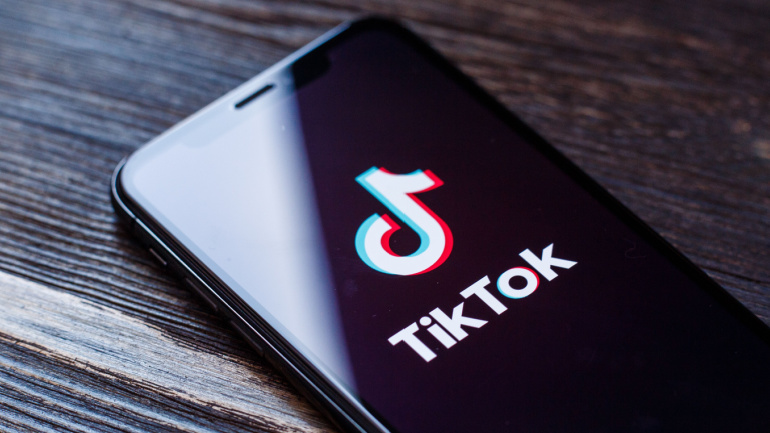
The US state of Montana has announced its intention to ban app stores from offering social media platform TikTok. This decision has significant implications for free speech and has raised numerous debates.
Last week’s announcement by Montana is setting legal precedents, to which TikTok is now responding by filing a lawsuit. The company claims that the ban should not be allowed for the following reasons:
1. The ban violates the first amendment rights of TikTok and its users. It constitutes a prior restraint on speech and specifically targets the app’s speakers with the content-based rationale that videos on TikTok are harmful to minors.
2. The ban is the jurisdiction of federal authorities, not individual states. Particularly when it comes to issues such as the security of U.S. user data and its relationship with the Chinese government.
3. The ban infringes the Commerce Clause of the U.S. Constitution, limiting states’ authority to enact legislation that unduly burdens interstate and foreign commerce.
4. The ban singles out TikTok over other social media platforms based on speculative concerns, which seems punitive.
In light of these arguments, TikTok seems to have a strong legal case. The unilateral action taken by Montana is unusual, and enforcing such a ban would be challenging. Forcing individual users to uninstall the app is a virtually impossible task. The precedent set by states creating laws like this could invite confusion. That is why the U.S. typically has clear guidelines regarding legislative power distribution.
However, the broader issue concerning freedom of speech could result in the most significant legal precedent. TikTok’s CEO Shou Chew revealed in a video that nearly half of the US has chosen to use the platform, and the removal of such a significant communications tool by the government has blatant first amendment implications.
During a congressional hearing, Chew faced five hours of questioning, mostly from grandstanding politicians hurling speculative accusations at him. As both social media and China are highly politicized subjects in the US, such scrutiny of TikTok is not surprising. However, banning American citizens from using a popular app has consequences that go beyond the diplomatic cold war tactics between the US and China.



![Read more about the article How to Find Someone’s Phone Number for Free [10 Platforms]](https://voipcaller.org/wp-content/uploads/2025/03/how-to-find-someones-phone-number-best-eays-platforms-fb-768x403.png)
